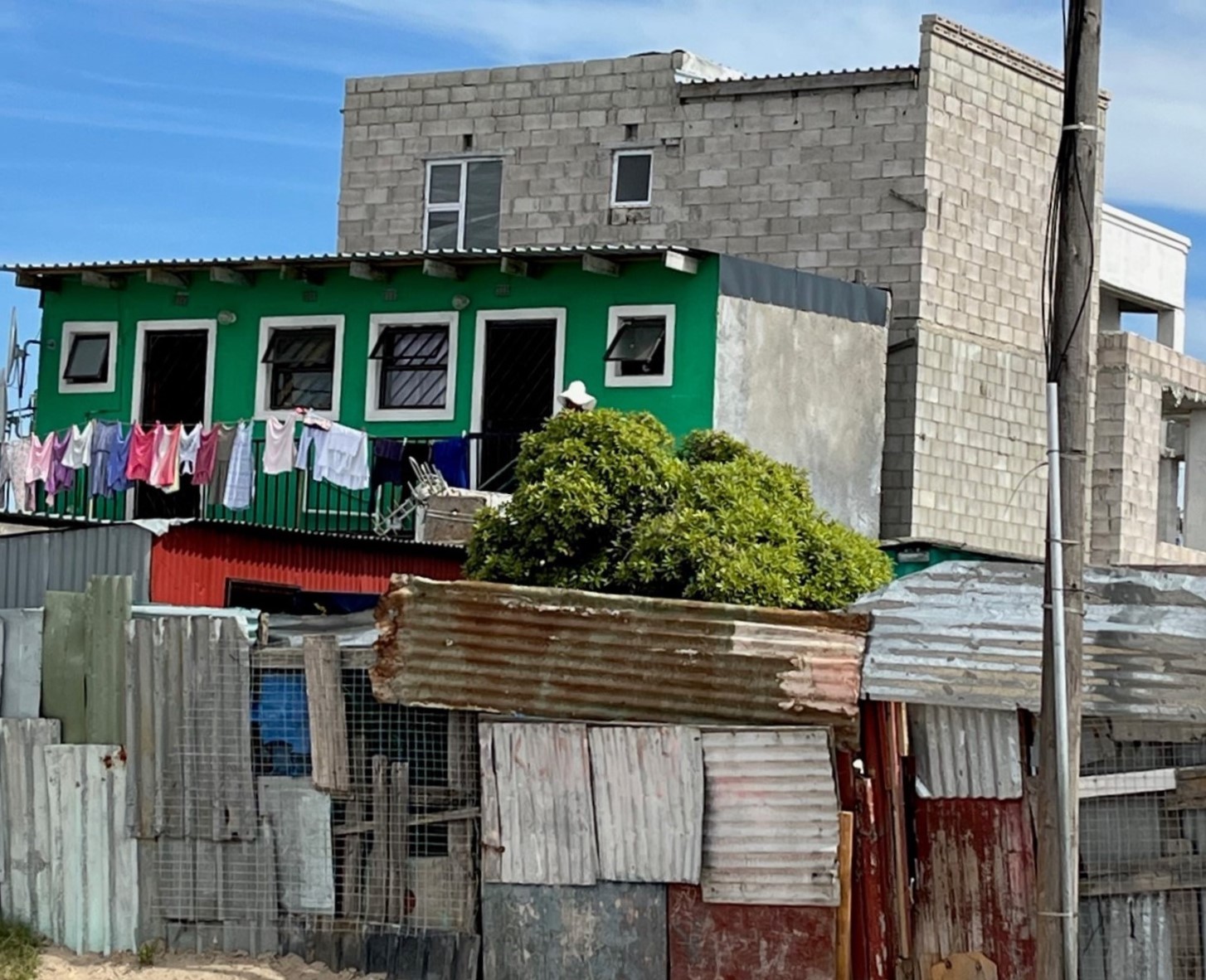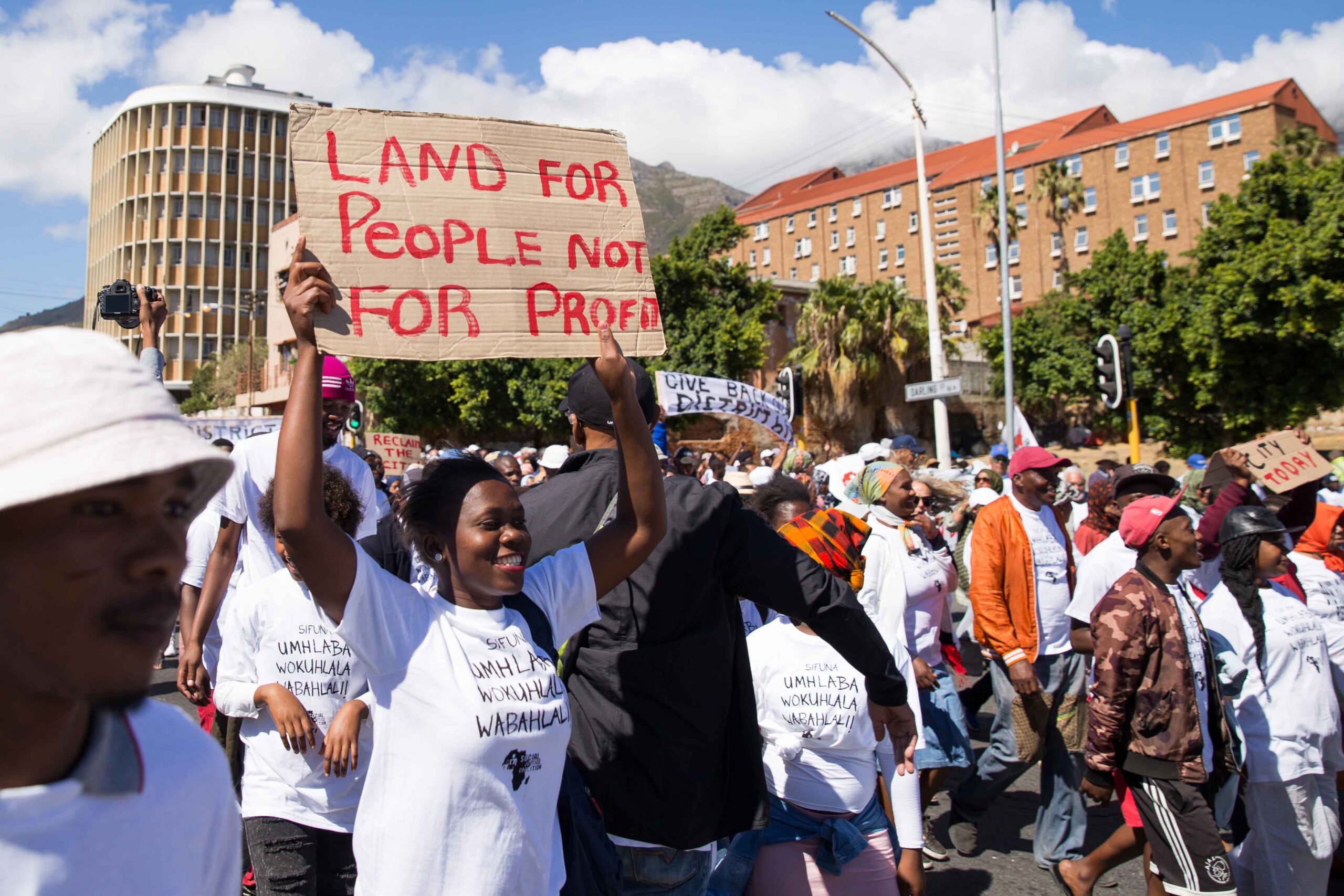
The growth of small-scale rental housing – especially in South Africa’s larger cities – offers enormous opportunities, despite its informal and, in many cases, unauthorised character. Through years of research, policy engagement and strategic partnering, HSRC researchers Andreas Scheba and Ivan Turok have contributed to a turnaround in public policy towards the sector. Organisations that were once hostile or neutral are now allies. By Andreas Scheba and Ivan Turok
Small-scale rental housing addresses some of the country’s biggest development challenges through delivering affordable rental accommodation, stimulating local economic development and employment, and promoting social transformation. Homeowners, many of whom once received a government-subsidised house, and entrepreneurial micro-developers are investing millions of rand in constructing higher-quality rental flats in their backyards, or across entire properties. This is taking place without any direct government support. In fact, until recently, all spheres of government have largely neglected this phenomenon, thus inadvertently contributing to its largely informal, unauthorised nature and associated drawbacks.
A soon-to-be-published study in Delft South (Cape Town) and Thiteng (Ekurhuleni), to which we contributed, gives some indication of the scale of informality. Of all the small-scale rental flats in the two areas, 94% and 92% respectively are non-compliant with land use-management (planning) regulations. However, the research also shows that the vast majority are of good quality and do not pose any major risks to residents and neighbours. Exceptions exist, of course, and these need urgent attention. Additionally, unmanaged rapid densification puts pressure on basic infrastructure, community facilities and the local social fabric.
We have carefully documented the dynamics, challenges and opportunities of this country-wide trend, arguing for a more positive and developmental approach to governance that works with informality rather than against it. Through evidence-based research, consistent policy engagements and strategic partnerships, we have contributed to changing public perceptions of the sector, and to recent national and local policy initiatives. Our influence stems from long-standing involvement and the power of external collaboration.
A series of research engagements
We have researched and written extensively about backyard and small-scale rental housing over the past decade, producing a body of evidence that is widely read in South Africa. We began with unfunded, curiosity-driven research on census data that revealed the significance of backyard housing, a topic that had remained largely overlooked by the academic community. Subsequently, we conducted a series of modestly funded but strategically positioned research projects supported by local, national and international organisations. These included National Treasury’s Cities Support Programme, the Western Cape Department of Human Settlements, the British Academy and Cape Town-based NGO Development Action Group (DAG). Our findings have been disseminated via project reports, journal articles, HSRC Review pieces, newspaper articles, radio interviews and conference papers. Some of these outputs are highly cited and downloaded, while others are periodically referred to by important role players in academic and public fora. We have also regularly engaged stakeholders by organising HSRC webinars and local policy forums, or as invited members of external workshops.

Power of collaboration
In 2021/22, we collaborated with DAG to investigate the main barriers, regulatory reforms, financial incentives and public support measures required to grow and formalise small-scale rental housing. The report we produced was, in a way, ground-breaking because of its compelling insights and arguments.
We discovered that following the official land-use planning rules and building regulations would more than double the cost of developing a block of rental units because of the inappropriate, onerous and time-consuming nature of these approval systems. As a result, most developers either don’t apply for planning and building plan approvals, or they give up partway through the process. The report has since been used by the local municipality to help streamline and simplify some of its regulatory processes, and to discuss better local support mechanisms for homeowners and developers (through local housing support centres, for example).
Through cooperation with DAG, municipal officials and private enterprises, we have built a strong evidence base (including a detailed regulatory review and cost of compliance analysis), identified key areas for reform, and made pragmatic policy recommendations. The collaboration with DAG has continued and resulted in additional collective outputs, joint conference presentations, and knowledge sharing events with local and national government departments including the City of Cape Town, City of Ekurhuleni, National Treasury and the Department of Human Settlements.
Creating a government action agenda
The Cities Support Programme (CSP) of National Treasury has been another important vehicle for achieving impact. Our involvement in the CSP Township Economic Development programme has produced research and technical assistance for the Cities of Cape Town and Ekurhuleni.
We also helped organise and convene a National Symposium on Small-scale Affordable Rental Housing in Midrand in May this year, where 25 presentations were made by different stakeholders involved at national and local level. Approximately 120 delegates from diverse backgrounds and organisations in the public sector, private sector and civil society participated in lively discussions on how to develop and grow the small-scale rental housing sector. A high level of consensus emerged on the way forward. Officials from the National Treasury agreed to pursue an agenda for action within the government and symposium attendees prepared a Call for Action document.
With this growing momentum, our team is determined to strengthen our relationships with policymakers and other role players to support and transform the sector.
Building relationships to drive change
Our research on small-scale rental housing offers important lessons for achieving impact. It demonstrates that influencing policy and practice is not a straightforward technical exercise. Instead, impact is incremental and sometimes unpredictable, with occasional setbacks and failures. It stems from years of engagement, building relationships and gaining public credibility through consistent high-quality, relevant research.
Achieving change requires continuing effort and commitment to a field of study, where partnerships based on trust are nurtured. While researchers often long for big research grants lasting for many years, a series of smaller but strategic projects can be equally or even more effective. Leveraging strategic partnerships is vital for success. Collaborating with civil society organisations that have strong networks across communities, as well as with the public and private sectors, can open up access to information, enrich the research and data analysis, and accelerate dissemination to influential stakeholders. Even the best research won’t have an impact if networks with key changemakers are not in place.
Researcher contacts:
Dr Andreas Scheba, a senior research specialist in the HSRC’s Equitable Education and Economies division, and a senior lecturer at the Centre for Development Support, University of the Free State
ascheba@hsrc.ac.za
Prof Ivan Turok, a distinguished research fellow in the HSRC’s Equitable Education and Economies division, and the DSI/NRF Chair in City-Region Economies at the University of the Free State
iturok@hsrc.ac.za


